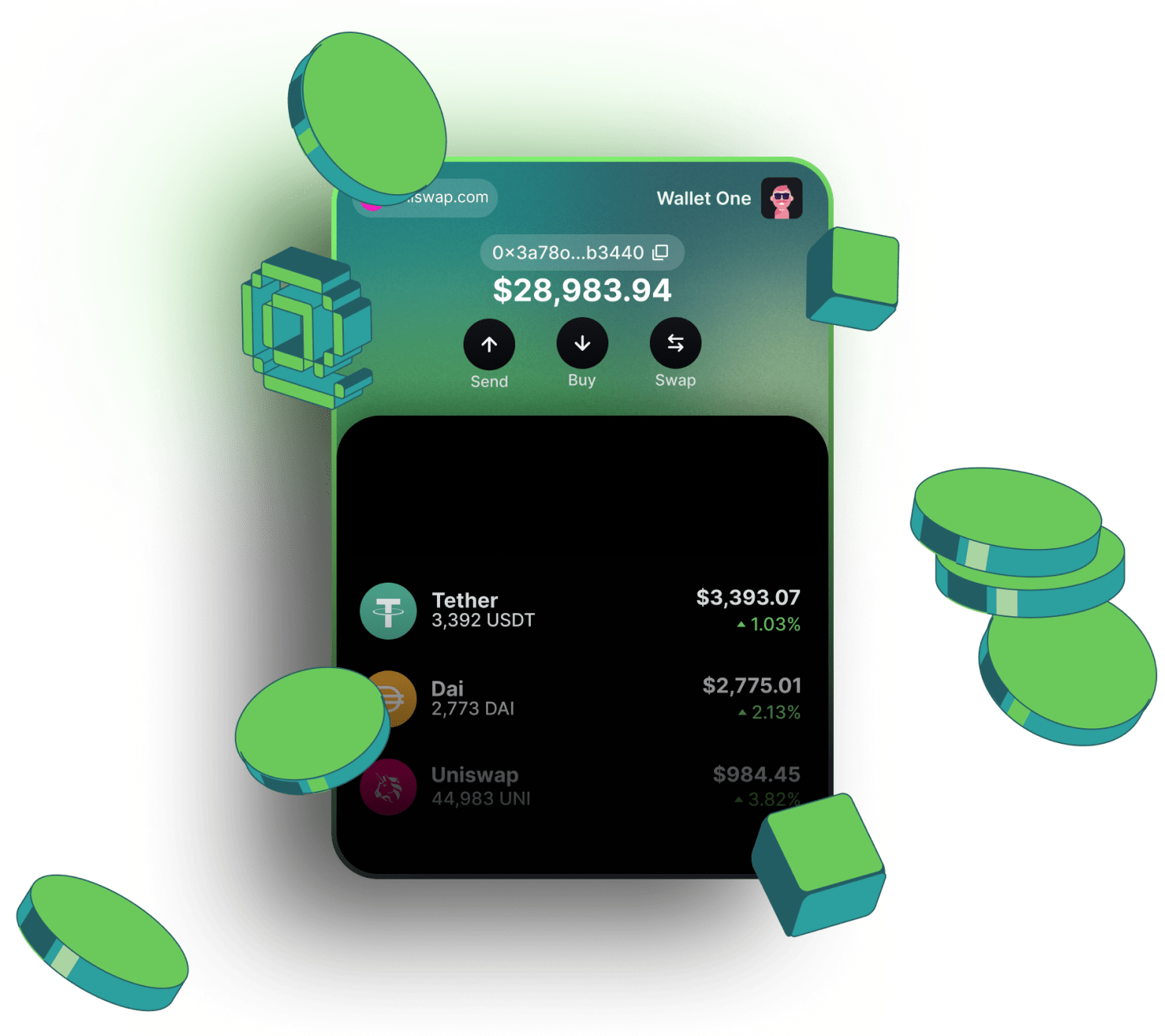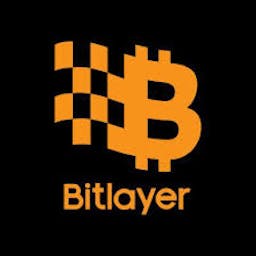Wigwam is the best  Arbitrum blockchain crypto wallet
Arbitrum blockchain crypto wallet

Why choose the Wigwam crypto app?
Work with Arbitrum Testnets and Mainet
Buy Arbitrum tokens, including native token, by using a credit card
Swap Arbitrum-based tokens directly in the wallet
Possibility to connect the wallet to all Arbitrum blockchain dAps: DeFi, DAO, Gamings, etc
How to get a Arbitrum address in Wigwam web wallet
Create a wallet in Wigwam
Choose a Arbitrum network from the dropdown menu
Copy you Arbitrum address
About Wigwam Arbitrum wallet
Wigwam is your ultimate Arbitrum wallet designed to make navigating the cryptocurrency world straightforward and hassle-free. Wigwam simplifies managing digital assets on the Arbitrum network, perfect for newcomers or those seeking an easier crypto experience.
Wigwam: your new Arbitrum web wallet
Some of the features that you would like:
- Quick crypto purchases: With Wigwam, buy Arbitrum tokens using your card instantly. Our process is secure, simple, and swift, facilitating your entry into arbitrum crypto.
- Effortless token swaps: Leverage Wigwam’s user-friendly exchange for hassle-free token trading, enhancing your Arbitrum crypto wallet experience.
- NFT gallery and previews: Easily manage and view your Arbitrum NFTs, ensuring you know what you're dealing with before any transfer.
- Real-time portfolio tracking: Keep an eye on your holdings with token price live updates, a vital feature for Arbitrum wallet users.
- Unmatched security: Enjoy peace of mind with Wigwam's non-custodial, audited wallet that's also Ledger-compatible.
Arbitrum blockchain review
Arbitrum is one of the leading layer-2 solutions for Ethereum, with its ecosystem having more than 300 projects, exceeding $3.3B in market capitalization, more than 30 cross-chain bridges, and about a dozen large centralized exchanges listing its native ARB token. Arbitrum achieved all of this in 3 years because of its Arbitrum Virtual Machine (AVM) architecture which offers efficient transaction execution, support for dApp development, EVM compatibility, and much more!
Arbitrum origins and vision
Steven Goldfeder, Co-Founder, and Chief Executive Officer at Offchain Labs founded Arbitrum in August 2021, envisioning a scaling solution for Ethereum that supports smart contracts and a diverse range of decentralized applications without the limitations of scalability and high gas fees.
Arbitrum key milestones
Arbitrum’s mainnet was launched for the public in August 2021, to provide high-speed throughput with lower gas fees on transactions.
The year 2022 marked an important milestone for Arbitrum as, on June 21, its Odyssey program, an 8-week initiative to bootstrap user engagements within its network, was launched. Users who explored Arbitrum (interact with various protocols) were given NFT badges for being active, and it also increased the chances of a user getting Arbitrum airdropped.
The response to the Odyssey program was so huge that it had to be paused on June 29, 2022, due to heavy load. The program was soon resumed.
To keep Arbitrum ahead in the blockchain world, Nitro Upgrade happened in August 2022. This upgrade introduced a new architecture to increase the throughput, increase EVM compatibility, and lower the gas fees.
Arbitrum launched its native token ARB in March 2023, to act as a governance token for Arbitrum DAO.
Arbitrum continues to change the world of blockchain networks as it announced on October 27, 2023, that its “Orbit” program is ready, which will allow developers to spin up their own layer-3 blockchains on top of Abitrum’s mainnet.
What consensus algorithm does Arbitrum (ARB) blockchain use
To offer faster and cheaper transactions and solve Ethereum’s scaling problem, layer-2 chain- Arbitrum leverages Ethereum’s consensus mechanism i.e. Proof-of-Stake (PoS), this provides greater decentralization, as it is more secure by Ethereum’s widely distributed network of validators.
How Arbitrum (ARB) technically solved problems with scalability, decentralization, and speed
Arbitrum uses the optimistic rollup solution which addresses blockchain scalability by rolling up transactions into batches, executing them off the main Ethereum chain, and then storing the confirmation on the main chain.
This method speeds up the process by rolling up transactions and assuming them to be valid, i.e. the blockchain no longer needs to validate separate transactions, it can directly confirm a “rolled up” batch of transactions. To keep it decentralized and secure, a rollup’s validity can be challenged and invalidated for up to seven days.
DeFi ecosystem on Arbitrum
Arbitrum offers a more established ecosystem for DeFi as it was launched with more than 400 dApps in its whitelist and over a dozen of them were already live before its network was open to the public because Arbitrum has its Virtual Machine and doesn’t depend on EVM.
This allowed Arbitrum to offer reduced gas fees, interoperability with Ethereum, scalability, and reduced transaction costs in its DeFi ecosystem which were the biggest issues with Ethereum.
Arbitrum’s DeFi ecosystem is quite diverse including decentralized exchanges like “Slingshot”, “UniSwap”, and “1inch”. Lending protocols like “Aave”, “Silo Finance” and “B.Protocol”. As well as derivatives exchanges such as “Aevo”, “Hegic” and “Lyra”.
NFTs marketplaces on Arbitrum
Since Arbitrum is a layer-2 chain, NFT marketplaces on it offer lower transaction costs and better scalability. Arbitrum’s Virtual Machine, EVM compatibility, and interoperability with Ethereum’s Mainnet attract a wide range of artists and collectors.
Arbitrum has multiple NFT markets featuring a broader range of NFTs working as a hub for artists and collectors to mint, buy, sell, and trade. Some of the famous NFTs markets on Arbitrum as “OpenSea”, “Wen Moon Market” and “Double Protocol”.
To participate in the Arbitrum NFT ecosystem, we recommend using the Wigwam NFT app, a safe and convenient solution for working with Arbitrum dApps.
Tokenomics and gas usage on Arbitrum
The native ERC-20 governance token for the Arbitrum blockchain is ARB. It serves various purposes, such as facilitating value transfers, investment opportunities, and governance decision-making.
The ARB token gives governance rights in the Arbitrum DAO, where token holders get to participate in key decisions by casting their votes on proposals, fund allocation, and protocol changes. Additionally, $ARB holders have the privilege to vote for members of the Security Council, overseeing the treasury wallet.
Despite having its native token, Arbitrum still uses ETH for its gas fee.
Conclusion
Arbitrum is a game-changer layer-2 solution for Ethereum, where new blockchains were coming as the “Ethereum Killer”, Arbitrum might have just given a different route with its VM. It addressed Ethereum’s scalability issues, having the potential to reshape the Ethereum landscape and make blockchain technology more accessible and user-friendly.
FAQ
Arbitrum blockchain utilizes ETH as its gas fee.
Enter your public wallet address in the search bar of the Arbitrum Blockchain Explorer to gain access to all your account history and transaction specifics.
To keep your crypto transactions secure and safe, using a private crypto wallet for your ARB is the best practice. Wigwam web3 wallet, Rainbow Wallet, OKX Wallet, CoinBase Wallet, Apex Wallet, and Taho Wallet are some noteworthy wallets to consider.
Open MetaMask in your browser, access the profile icon at the top-right, and choose "Settings" from the dropdown. Navigate to "Networks," then click "Add Network." Opt for "Add a network manually" and input the following details:
- Network Name: Arbitrum
- RPC URL: https://arb1.arbitrum.io/rpc
- ChainID: 42161
- Symbol: ARB
- Block Explorer URL: Arbitrum Blockchain Explorer
Save your changes by clicking the "Save" button.
There are many popular projects running on the Arbitrum ecosystem, according to DappRadat, the most popular DeFi projects are UniSwap V3, GMX, and Aave V3, and the most popular NFT markets are OpenSea, Wen Moon Market, and Double Protocol.



